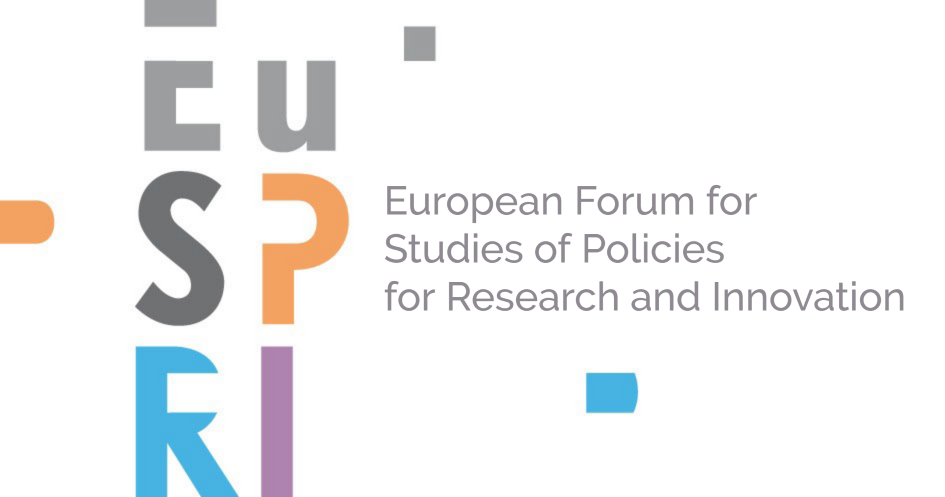Contact person: Bortz, Gabriela (Ciudad Autónoma de Buenos Aires (AR) National University of San Martin)
Critical Approaches and Alternative Policy Models for Innovation
Authors: Carolina Bagattolli, Gabriela Bortz
Keywords: STI policies, x-innovation, policy agendas
Abstract
Innovation is often celebrated as a panacea for economic growth and equitable and sustainable futures. It is promoted as the primary engine of development, often equated with progress itself, fueling hopeful narratives that position innovation as the key to progress and prosperity. Rooted in Modernist ideals, this view suggests Science, Technology, and Innovation (STI) as inevitable drivers of better futures. While the rise of neoliberalism has substantially reshaped STI policies under the banner of the promise of market-led initiatives, the State retracted from institutions that previously safeguarded basic rights, services and environmental stewardship. As innovation drives society toward uncertain futures, our trust in it can lead us to forgo the opportunity to act in the present to shape the shared futures we desire. With the “practice turn” in innovation policy (Pfotenhauer & Jasanoff, 2017), these concepts have become embedded as normative orientations, promoting models and tools aimed at specific policy goals (Gaglio & Vinck, 2021; Lascoumes & Le Gales, 2007) and reflecting patterns of institutional and policy imitation across contexts.
Since the 2000s, approaches have aimed to reframe innovation to emphasize societal goals. Myriad of concepts arose, from green, sustainable, grassroots, inclusive, social innovation (Edwards-Schachter, 2021). These approaches range from efforts to transform production and consumption to modest adjustments within mainstream practices. Yet, these rebranded “X-innovations” often remain rhetorical, with limited real impact on policy agendas, as the prevailing focus on competitive innovation -embedded even into “alternative” policy design- has repeatedly fallen short in addressing sustainable and equitable development goals.
In recent years, the agenda for transformative innovation (Schot & Steinmuller, 2018) has expanded, emphasizing the need to reclaim governance over the direction of innovation. Interest has also grown in state-led initiatives, mainstreaming the attempt towards mission-driven approaches (Mazzucato, 2021). However, alternative models remain still underexplored, with limited incorporation into policy and few empirical case studies to evaluate their practical impacts and effective transformative potential. There is also a pressing need to examine the role of local contexts and geographies, the tensions between global models and local adaptations, and the actors driving real change (Grillitsch et al., 2021). Although transformative approaches are gaining traction in Europe, dialogue with developing countries remains limited, and more conceptual and empirical research is needed to refine these frameworks and experiment with alternative policies.
This track seeks to explore several key questions:
• What alternative models of innovation and policy have emerged to prioritize goals beyond competitiveness and economic growth?
• What are their implications for countries and regions that are left behind?
• What spaces and conditions enable experimentation with alternative policies?
• How can empirical cases challenge dominant innovation models and foster experimentation?
• What lessons can be drawn from the Global South, and how can insights on innovation research, policy and practice drive learning processes also in the Global North?
This track invites papers on topics including:
• Critiques of neoliberal innovation models and proposed alternatives;
• The role of innovation critiques in shaping public policy models;
• Agenda-setting for “x-innovation” in local and national contexts;
• Governance frameworks for diverse “x-innovation” policies;
• Developing practices for alternative innovation regimes and models;
• Methods for measuring and evaluating the impact of x-innovations;
• Experimentation and design of policy tools to support alternative innovation;
• Policy initiatives and experiments inspired by counter-hegemonic innovation approaches;
And other themes related to alternative innovation frameworks and practices.
